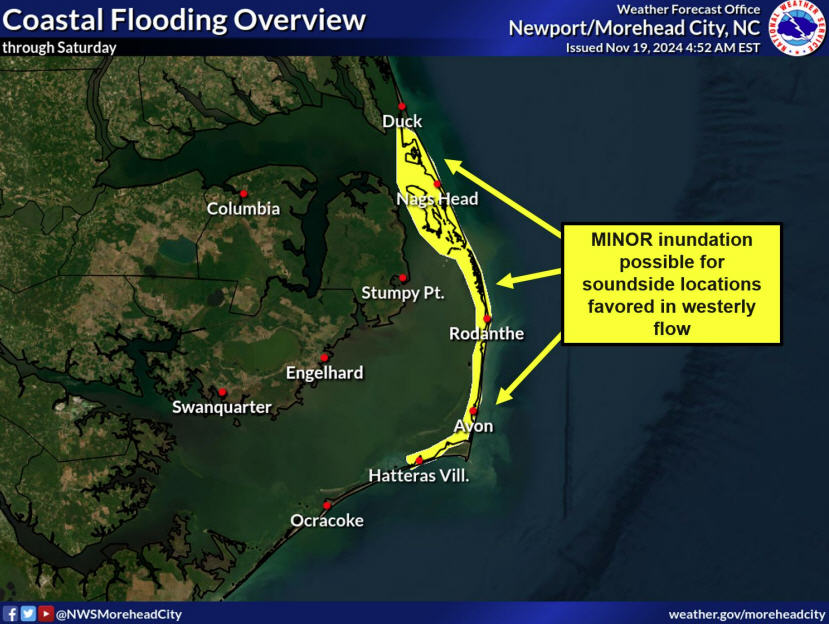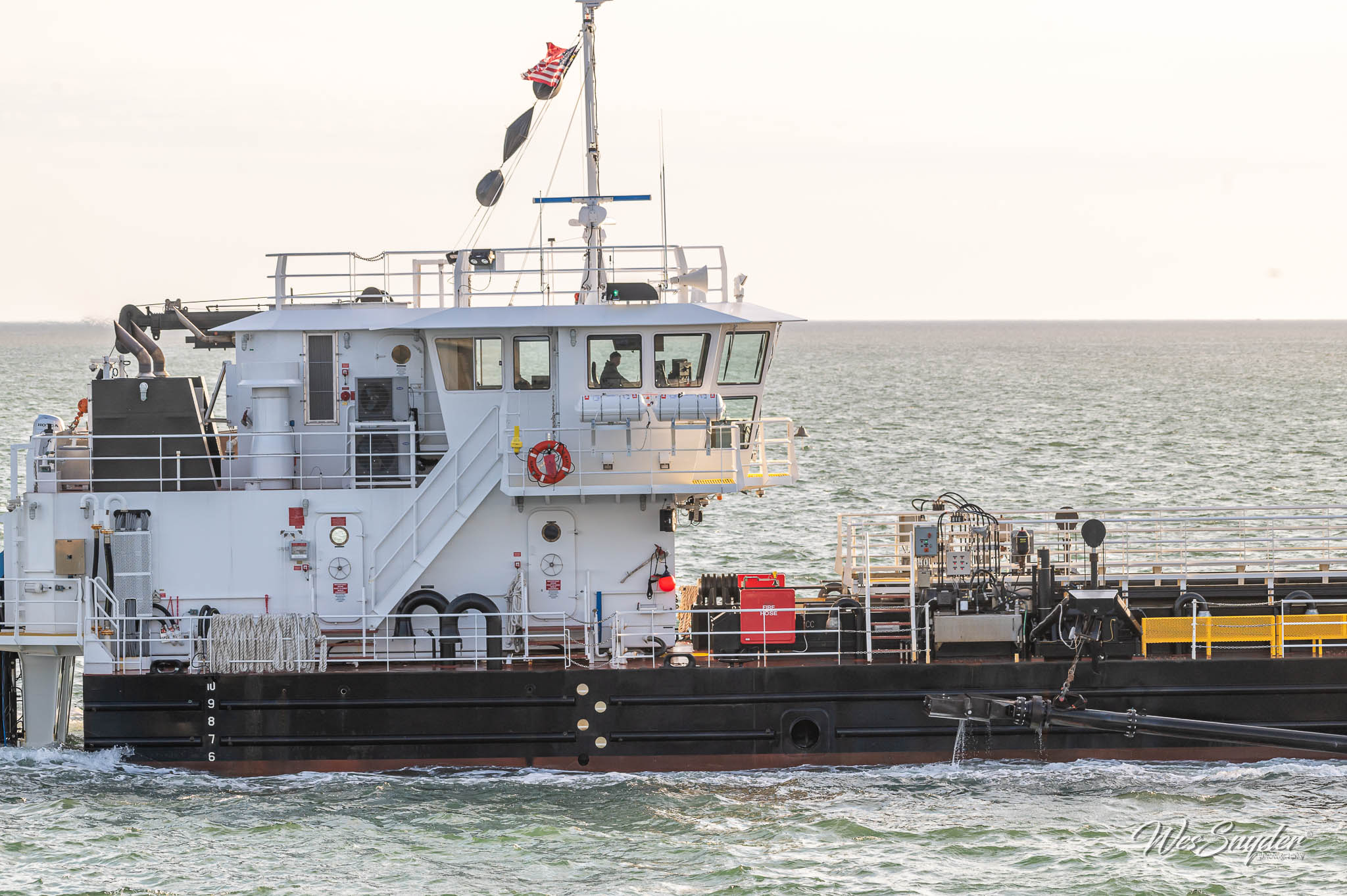Senate committee will meet Tuesday to consider bill to overturn ORV plan
The U.S. Senate Committee on Energy and Natural Resources will meet on Tuesday, June 18, at 10 a.m. to consider a dozen bills, including S.B. 486, which would overturn the Park Service’s off-road vehicle plan on the Cape Hatteras National Seashore.
The bill, introduced by U.S. Sen. Richard Burr, R-N.C., along with Sen. Kay Hagan, D-N.C., on March 7 is called the Preserving Public Access to Cape Hatteras Beaches Act. It would reinstate the Interim Management Strategy governing off-road vehicle use on the seashore and set aside current mandates and requirements that prevent off-road vehicle and citizen access to a significant portion of the seashore.
If the bill is enacted, the National Park Service’s Interim Management Strategy will go into effect immediately and end upon the National Park Service’s establishing a long-term off-road vehicle management plan for the seashore.
An identical bill in the U.S. House of Representatives, introduced by Rep. Walter Jones, R-N.C., was reported favorably out of committee and will have a floor vote by the full House, probably later this summer.
The legislation was on the committee’s calendar for mark-up at its May meeting, but was pulled from consideration at the last minute by the chairman, Sen. Ron Wyden, D-Ore.
“Almost overnight the bill has become a bit more controversial,” Wyden said at that meeting.
The discussion apparently heated up the night before the meeting when Wyden said he received a letter from the Park Service director restating that the Department of Interior “strongly opposes” the legislation.
“This issue has engendered strong feelings on both sides,” Wyden noted.
After reading the Park Service director’s letter to him, the chairman noted that ORV users and local merchants feel the plan is too restrictive.
Although he said the bill would be removed from the May 16 markup session in which members decide which bills will go to the full Senate for a vote, Wyden promised that a vote on the bill would come in the committee’s markup meeting in June.
Meanwhile, he said committee members would attempt to craft some kind of compromise.
“We are going to begin immediately to put forward a bi-partisan and good faith effort to find a solution to this matter at Cape Hatteras,” he said.
Apparently, the committee staff has been working on a possible compromise with the staff in the offices of Burr and Hagan, Sen. Joe Manchin, D-W.Va., who is a strong supporter of the bill, and perhaps other senators on the committee.
Reportedly, a compromise could include such legislated changes to the ORV plan as an ORV corridor around some nesting sites, fewer vehicle-free areas, shortened buffer distances, and fewer protections for birds that are not listed as threatened or endangered by the federal government.
Officials of groups advocating for more reasonable ORV access say that a “compromise” on SB 486 is a moving target and they have no idea what will be presented to the committee on Tuesday.
Meanwhile, both access advocacy groups and environmental groups are urging their members and supporters to call the members of the committee.
The Senate Committee on Energy and Natural Resources has 12 members who are Democrats and 10 who are Republicans.
The bills to overturn the plan are generally looked upon more favorably by Republicans than Democrats, though advocates for more reasonable beach access do have the support of at least one Democrat, Joe Manchin, who has been an outspoken critic of the Park Service’s ORV plan. And the bill may have the support of one other Democrat, Sen. Mary Landrieu of Louisiana.
The Outer Banks Preservation Association and the North Carolina Beach Buggy Association are urging members to contact senators on the committee to urge that they support the legislation.
Members and their contact information can be found at the Senate committee’s website, http://www.energy.senate.gov/.
The committee meeting will also be webcast live on the website. Go to http://www.energy.senate.gov/public/index.cfm/live-webcast.







